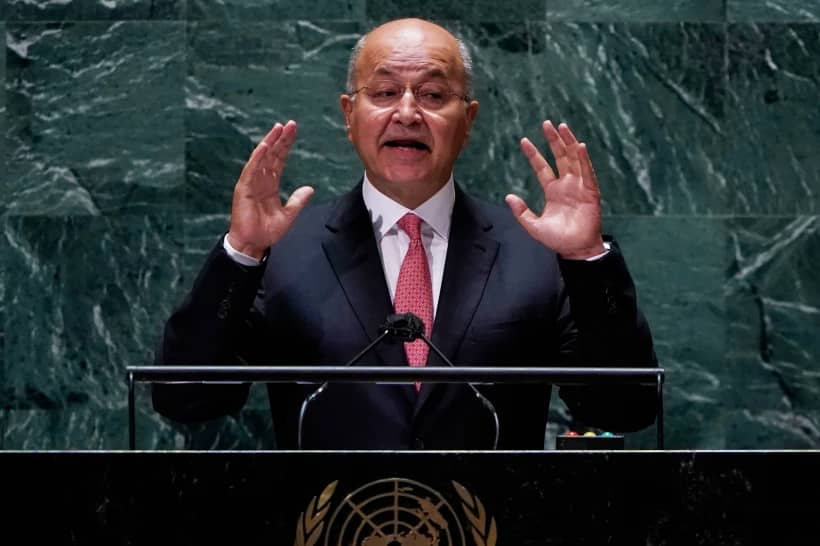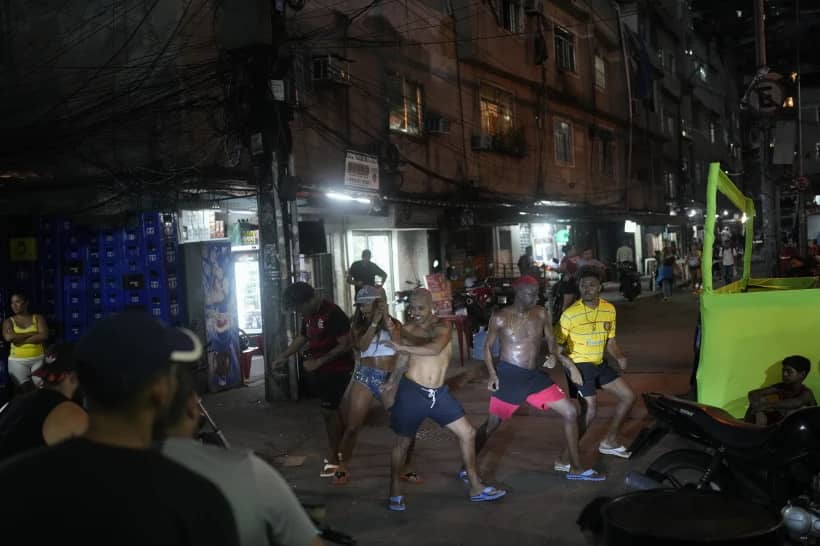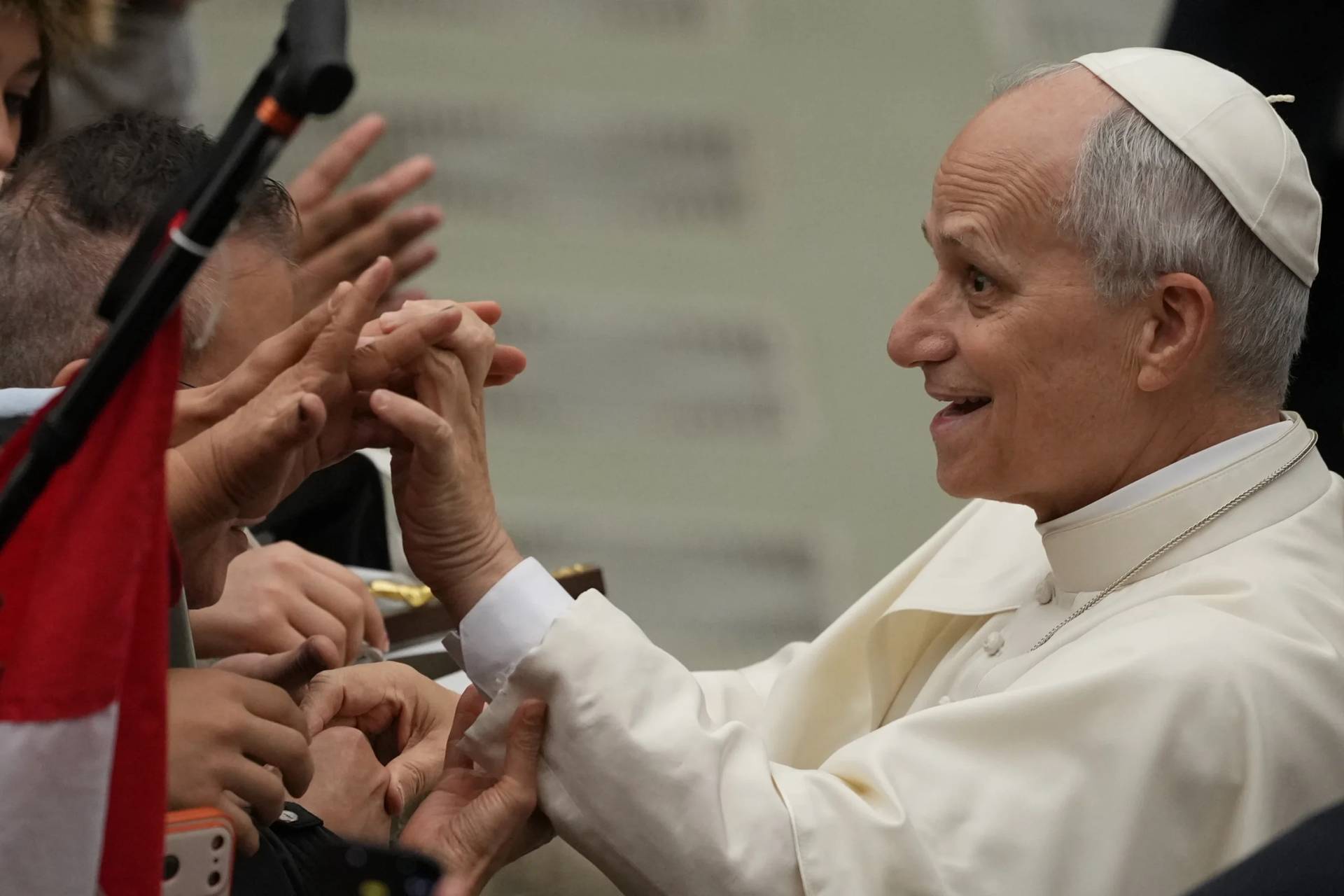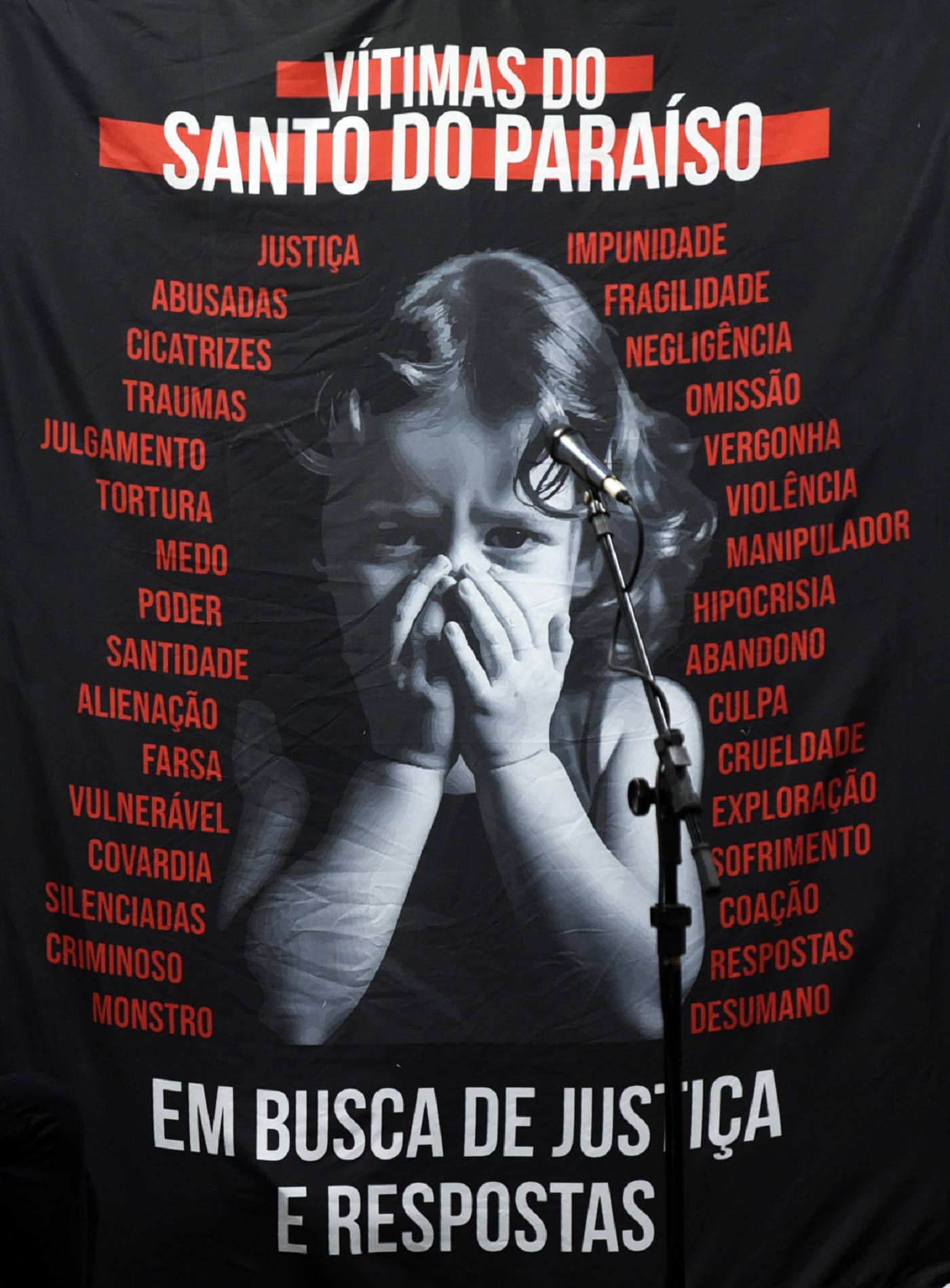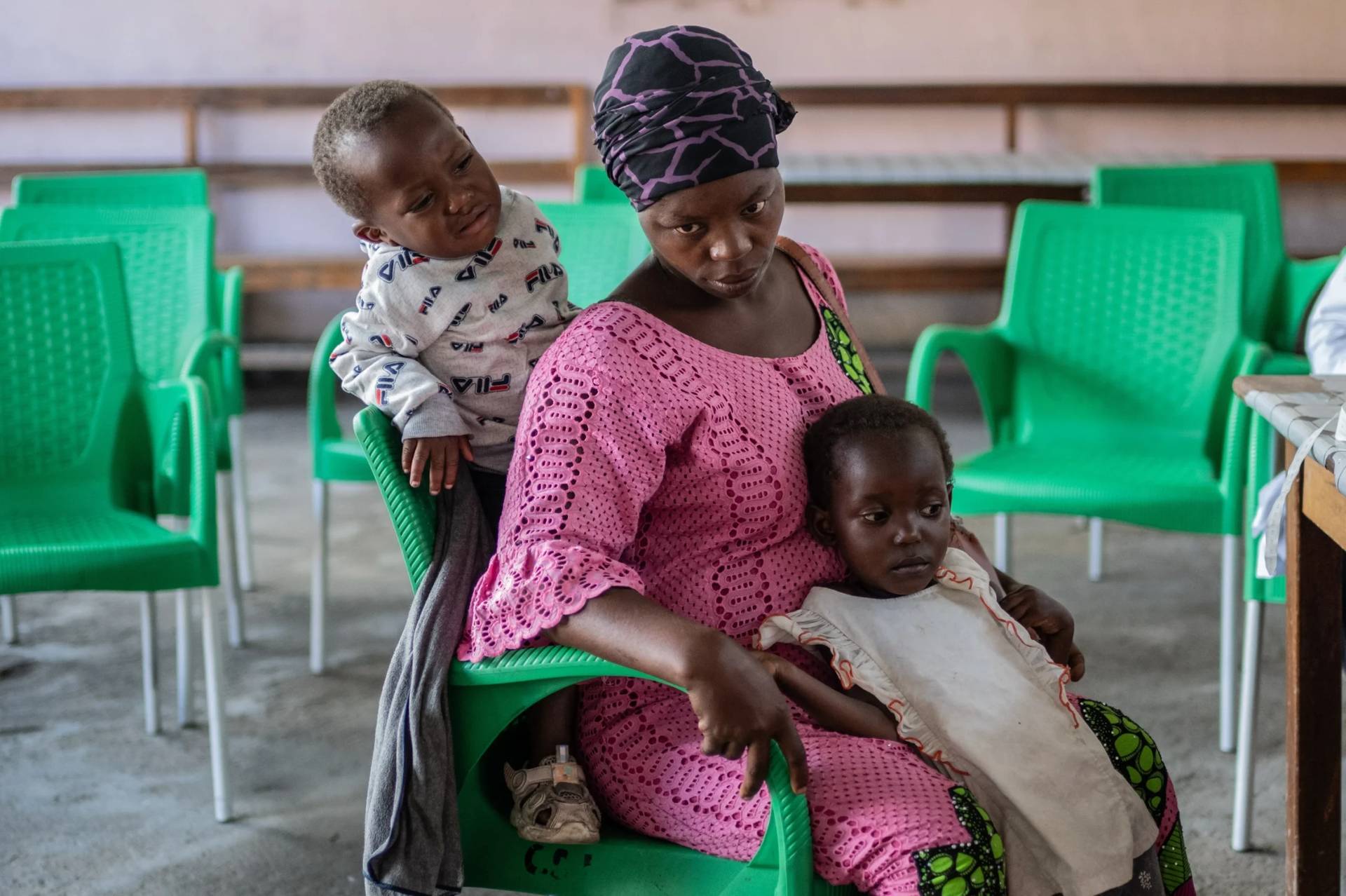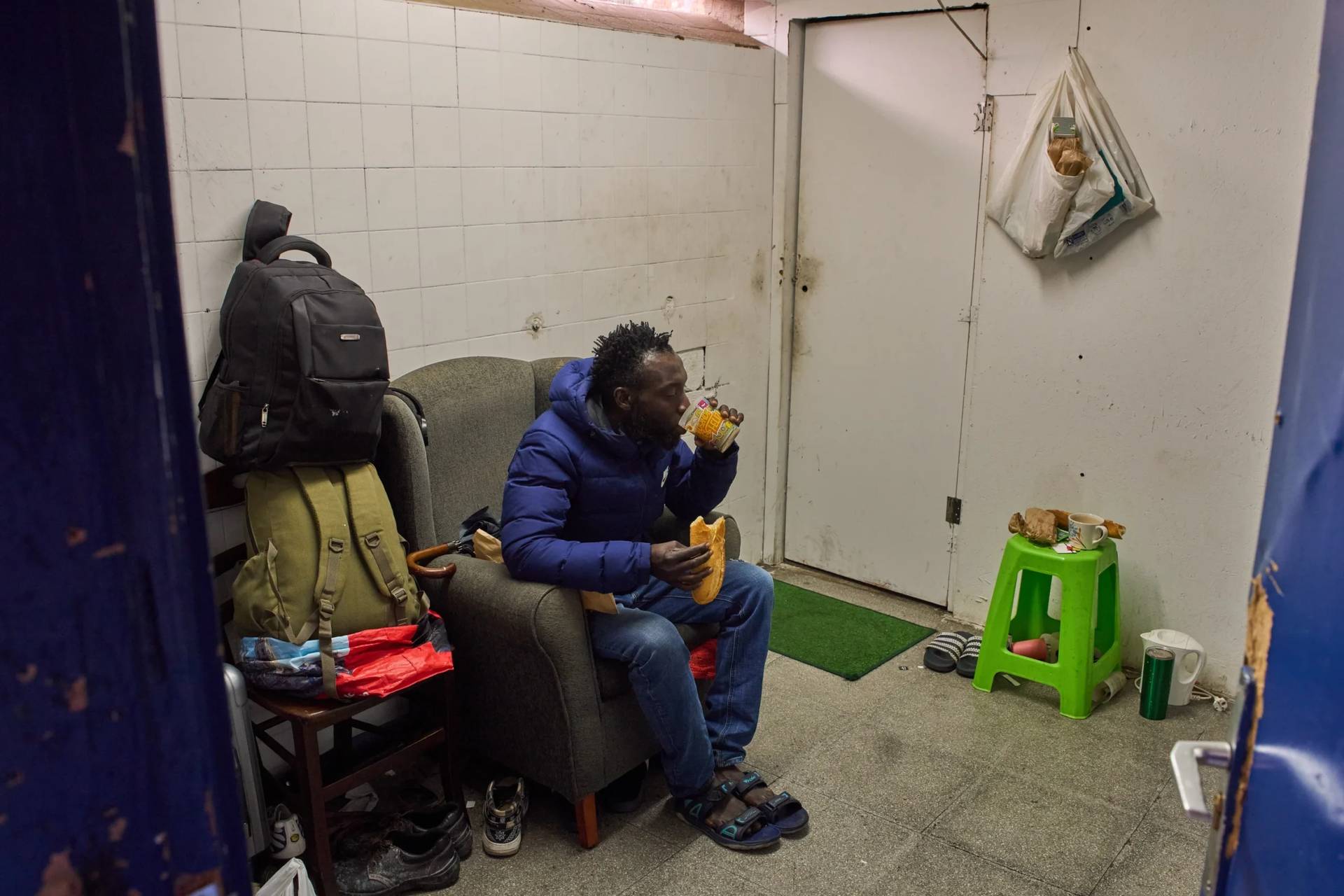SÃO PAULO – Archbishop Orlando Brandes of Aparecida harshly criticized Brazilian President Jair Bolsonaro during a celebration in honor of Our Lady of Aparecida’s feast day.
Brandes made the comments during the most important Mass at the Basilica of Our Lady of Aparecida on the morning of October 12, only a few hours before Bolsonaro visited the shrine.
According to the newspaper Folha de S. Paulo, the archbishop invited the people to “embrace our poor and also our authorities, so we can build Brazil together as a beloved homeland.”
“And if we want it to be a beloved homeland, it cannot be an armed homeland,” Brandes said, making a pun with the terms “pátria amada” (beloved homeland), which appears in Brazil’s national anthem and was adopted as the Bolsonaro administration’s slogan, and “pátria armada” (armed homeland).
Since his early years as a member of the Brazilian Congress in the 1990s, Bolsonaro, a retired Army captain, has been a fierce advocate of loosening gun control in the South American country.
As a president, he has changed the legislation to allow wider ownership of firearms. His main electoral campaign symbol, which he usually repeats during rallies, is the gesture of holding a rifle.
Brandes also said that “a beloved homeland is not [achieved by] transforming innocent children into rifle-children,” in a reference to a recent ceremony in Minas Gerais State, when Bolsonaro lifted a 6-year-old boy dressed as a policeman and holding a toy gun. The president grabbed the kid’s toy rifle and pretended to shoot with it, while simultaneously holding the boy.
“Children need other guns: Prayer, obedience, living together with their siblings,” the archbishop added.
Brandes also mentioned the dissemination of fake news in the country.
“To be a beloved homeland, [it must be] a Republic without lies and without fake news. Without corruption. It’s a beloved homeland with fraternity. All brothers and sisters building the great Brazilian family,” he said.
Bolsonaro’s electoral campaign team was accused several times of having spread false information on social media in order to demonize his major opponent in 2018, Fernando Haddad.
The Supreme Court opened and inquiry on the alleged continuous use of fake news by Bolsonaro’s administration.
Bolsonaro arrived at the basilica in the afternoon and was invited by Brandes to go to the pulpit and read the consecration of Our Lady of Aparecida, the patroness of Brazil.
The president was still present when Father José Ulysses da Silva, during a speech, mentioned the 600,000 deaths caused by COVID-19 in Brazil and the great distress provoked by the pandemic among families and healthcare professionals.
The president has been accused of mismanaging the pandemic by failing to impose federal social distancing measures and frequently downplayed the seriousness of the disease. He also raised doubts on the effectiveness of vaccines and facemasks.
Brandes’s comments were received with joy by many of Bolsonaro’s opponents, who have quickly spread his words on social media. On the other side, many of the president’s supporters called Brandes a communist and a “defender of criminals.”
That was not the first time Brandes has criticized Bolsonaro on Aparecida’s feast day. In 2019, he said the political right was “violent and unfair.”
Father Júlio Lancelotti, famous in Brazil for his dedication to the homeless in Sao Paulo and for his strong political opinions, Brandes’s words came in the right moment.
“The archbishop’s comments were right and had a Christian foundation, which requires one to take a side considering the disaster that is devastating the people’s lives,” he told Crux.
Jung Mo Sung, a Catholic lay theologian and a professor at the Methodist University of Sao Paulo, said Brandes should not be labeled a leftist for being an opponent of loosening gun control.
“Apart from exceptional circumstances, most bishops will not defend the use of guns. This is simply the Catholic tradition, beyond left-wing or right-wing politics,” he told Crux.
According to Mo Sung, the Catholic tradition is in tune with a broader democratic dimension that advocates that a leader should pursue the “best economic, social, and environmental balance for his or her country,” but Bolsonaro emerged as a political character who broke with such values.
“Brandes’s stance is an effort to emphasize such values again. It was positive that he did it during Aparecida’s feast day,” he said.









